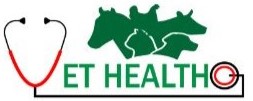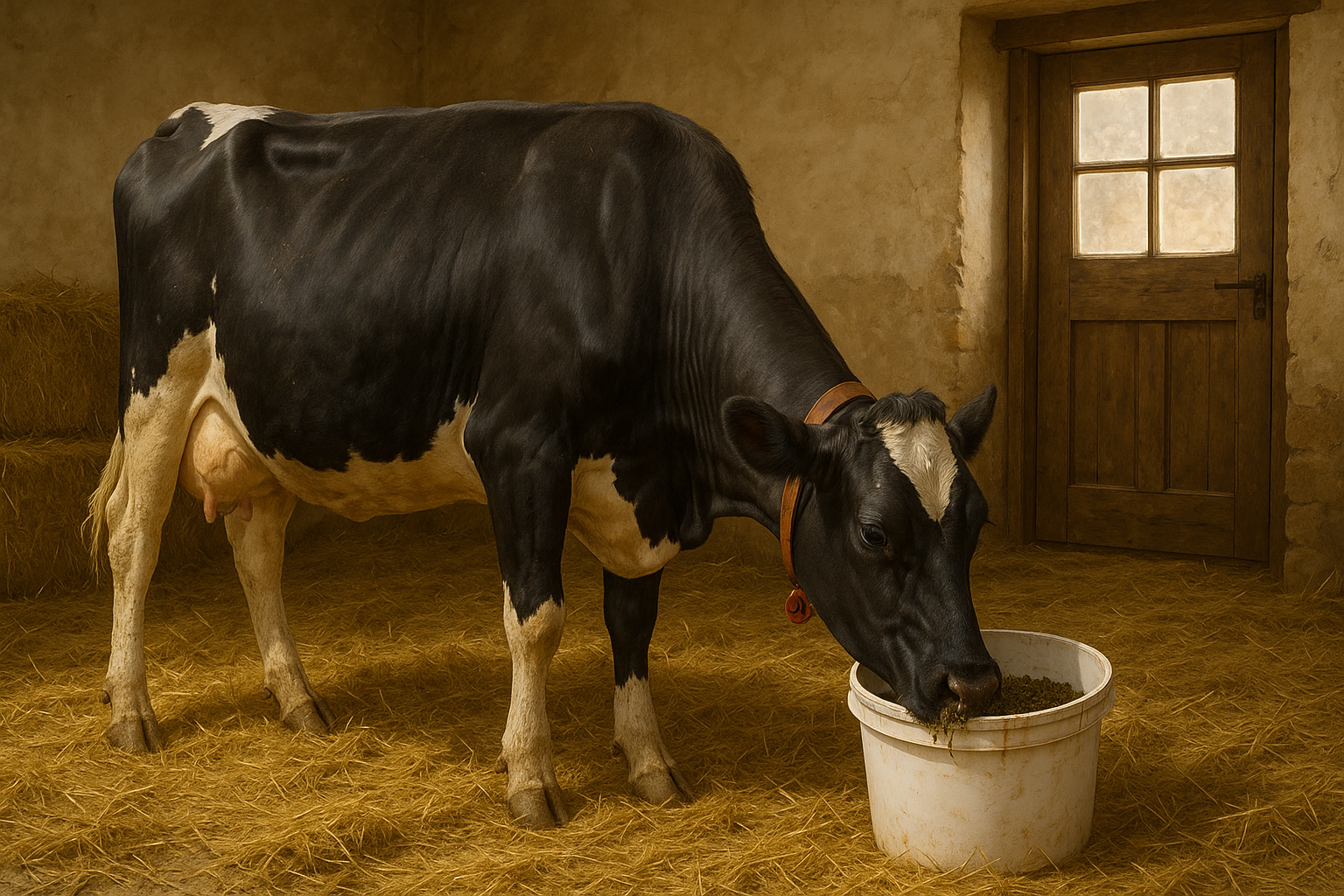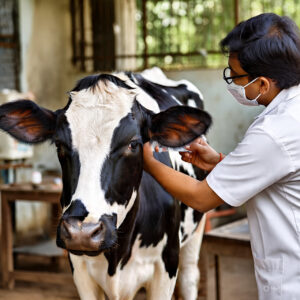Milk disorders in cows are common challenges faced by dairy farmers worldwide. The most frequent milk-related problem is mastitis, an inflammation of the udder usually caused by bacterial infections. Mastitis not only reduces the quantity of milk but also deteriorates its quality, leading to economic losses. Early detection through regular udder checks and prompt treatment with antibiotics can prevent severe damage.
Another significant disorder is milk fever, also known as hypocalcemia, which occurs due to low calcium levels in the cow’s bloodstream, especially around calving time. Symptoms include muscle weakness, staggering, and reduced milk production. Proper calcium supplementation before and after calving is vital to avoid this metabolic issue.
Udder infections and blocked milk ducts are other milk disorders that affect cows. Poor hygiene during milking or environmental stress can increase susceptibility to these conditions. Therefore, maintaining cleanliness, using disinfectants, and following good milking practices are key preventive measures.
Along with treatment, nutrition plays a crucial role in preventing milk disorders. Balanced diets rich in minerals and vitamins strengthen the immune system of cows, helping them resist infections and maintain optimal milk production.
Regular veterinary check-ups and vaccinations are recommended for early diagnosis and control of milk disorders in cows. By implementing these strategies, dairy farmers can improve milk quality and ensure the well-being of their herd.




